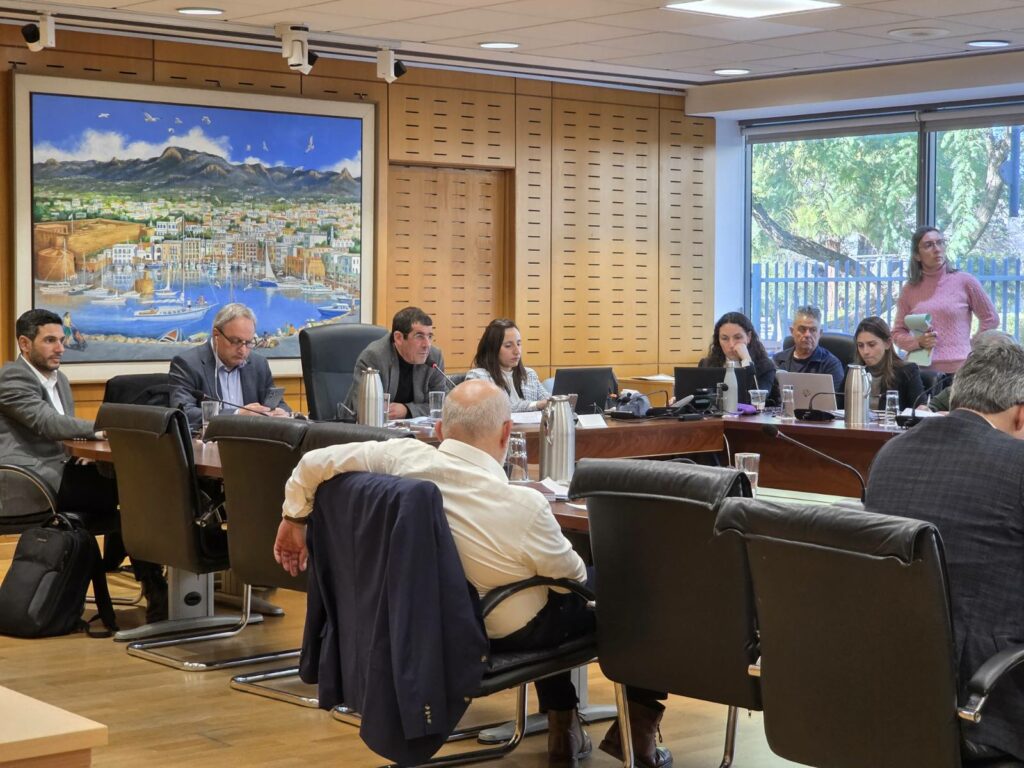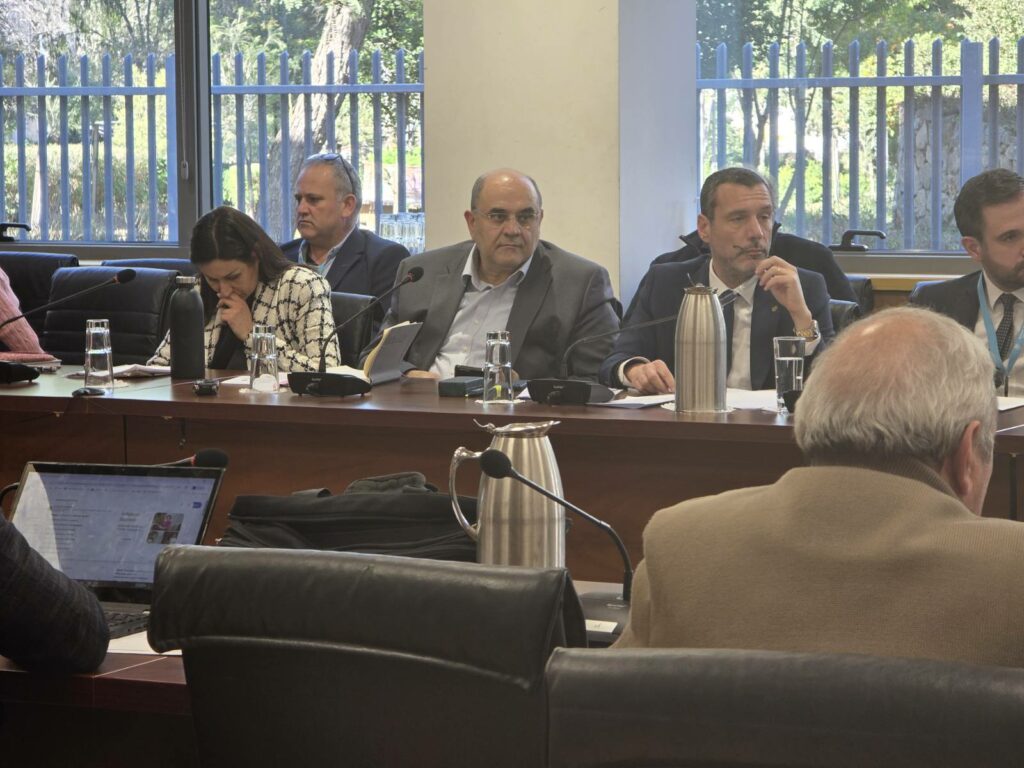At the 2025 Slush technology conference in Helsinki, Lovable, the Swedish AI-assisted coding software unicorn, announced a remarkable milestone: its annual recurring revenue has doubled to $200 million within just four months. Co-founder and CEO Anton Osika highlighted that this achievement is a testament to the company’s innovative strategy and steadfast commitment to building a global AI business from Europe.
Strategic Decisions And A Path Less Traveled
Osika credited Lovable’s decision to remain in Europe rather than relocating to Silicon Valley as a critical factor in its success. Despite early advice suggesting that a move to the U.S. was essential for growth, the company chose to harness local talent and leverage Europe’s unique market pace. This measured approach has allowed Lovable to attract experts from top Silicon Valley firms like Notion and Gusto, who now work alongside the team in Stockholm.
Follow THE FUTURE on LinkedIn, Facebook, Instagram, X and Telegram
Leveraging A Dedicated Community
Beyond its strategic geographic decisions, Lovable has benefited significantly from an engaged open-source community that continuously refines its technology. Osika noted the value of the community’s active voice on platforms such as Discord, where sustained discussions have contributed to the company’s forward momentum and innovation.
A Strong Funding Foundation
Lovable’s growth is further bolstered by robust venture capital support. With over $225 million raised in funding since its inception, the latest Series A round of $200 million led by Accel—along with contributions from more than 20 investors—valued the company at $1.8 billion. This significant financial backing has positioned the company well to capitalize on the burgeoning AI market.
Positioning For A Competitive Future
The accelerated revenue trajectory at Lovable mirrors a broader trend in tech where AI and venture capital are intersecting to reshape the competitive landscape. Just recently, AI-coding assistant Cursor raised $2.3 billion in a funding round led by Accel, underscoring the intense interest and rapid growth in this sector. Lovable’s success story is a compelling example of how strategic decisions—rooted in strong mission, local talent, and community engagement—can drive significant milestones even outside traditional tech powerhouses.
By redefining conventional wisdom around geographic necessity and leveraging a robust innovation ecosystem, Lovable is setting a new standard for AI companies operating on a global scale.









